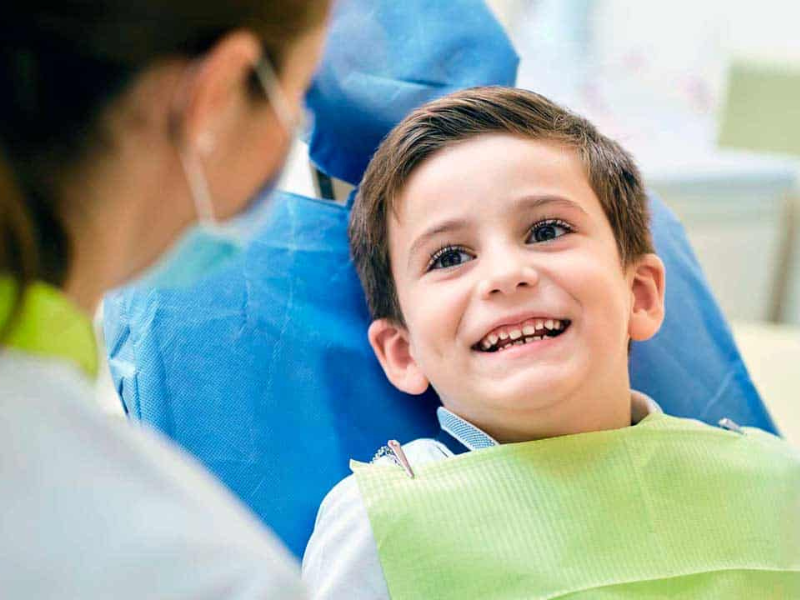
Pediatric Dental Tips for Infants and Toddlers

Appropriate dental care is indeed necessary to address infants and toddlers dental problems. Pediatric dentist is specialized in the field of dentistry for children, providing assistance in the development of child's dental development. They also inform parents about proper oral hygiene that they must imply with their children. This is necessary to prevent the formation of plaque that may cause serious dental problems. Before such conditions exist, follow the pediatric dental tips listed below:
-
Teeth Cleaning - The primary teeth began to erupt as early as four months. Clean your baby's teeth with a soft, clean cloth after breastfeeding, drinking milk in a bottle and feeding. Remove the bottle containing anything except water when your baby began to fall asleep. When your child has more than one tooth that had already erupted, brush gently with a soft-bristled child's toothbrush. When brushing, use enough amounts of toothpaste; make sure that it does not taste strong for them. Parents should replace children's toothbrushes every 2-3 months of use. Children must learn how to brush their own teeth.
Acids and sweets are the primary agents in the formation of plaque. Food intake left in between the teeth and on the areas that have been difficult to reach when brushing when attacked by acids can cause tooth decay. Teach children to brush their teeth after eating and drinking sweets and medicines. -
Visit the dentist after 1st year of birth - It is advisable for children to have their initial dental examination when they reach the age of 1 year old. This is to get familiar with the dentist and the dental clinic. It is where dentist discusses dental guidelines on oral hygiene and nutritional intake with the parents. Dentistry for children will recommend follow-up visits when necessary depending on dental condition of the children and their reaction on the initial visit.
-
Dental Sealants - This is used as fillers to protect teeth from having tooth decay, and it can be applied as soon as the tooth erupts. This is to ensure possible space for plaque to be sealed.
-
Dental Flossing and Mouth Washing - This is essential to remove plaque in between teeth. Parents should initiate to do this on children who have incapacity to floss their own teeth. Children at the age of six must be taught on regular flossing of their own teeth, usually after every meal. Mouth washing is necessary to avoid unpleasant breath and formation of plaque. It is recommended for children ages 7 and above, and they must opt to use alcohol-free mouth washes as alcohol may have undesirable effects to the teeth, as well.
-
Dental Treatments - There are different dental procedures that are appropriate for certain dental conditions. In case of teeth misalignment, braces and retainers are recommended. In cases of dental injuries or trauma, dental surgery can work to fix the formation and alignment of the teeth, jaw and other mouth structures.
Dentistry for children gives ample attention on how children can fight against cavities and dental problems. Pediatric dentist supports the dental development of children from birth up to their adolescence. Parents should follow these tips and their children to the dentist regularly for diagnosis, evaluation and treatment.
